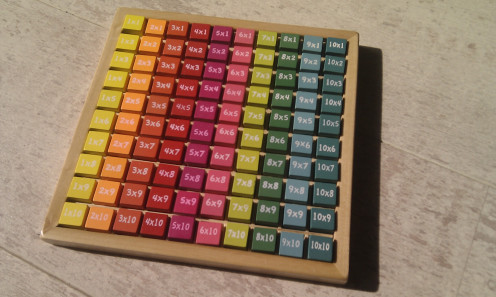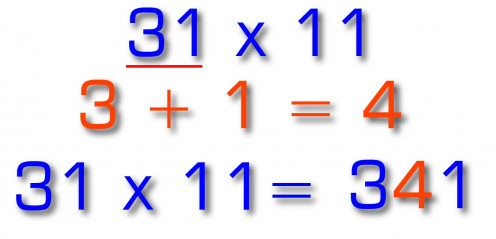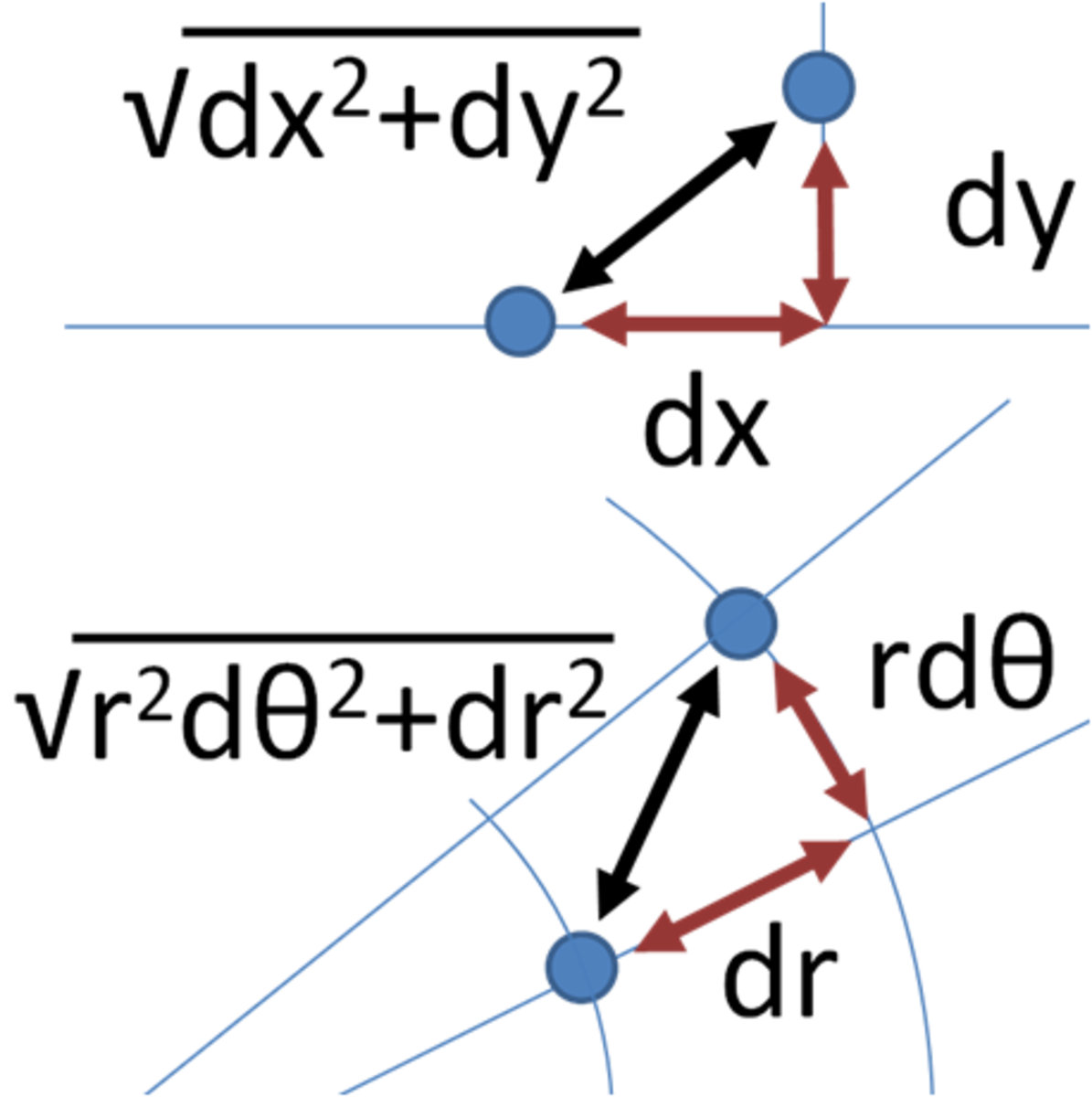Doing Math in Your Mind: An “Automatic” Time Saver

Guess What? Most of Us Are Already Mental Mathletes!
The truth is; most of us solve math problems in our heads every day, automatically, without even giving much thought to the process. Researchers say about 75% of math that's done by adults is done mentally, without using a calculator, a pen/pencil and paper, or other aids. We do it automatically when it needs to be done, and since this is true, we take it for granted. That means we never really think about the value of being able to solve math in our minds without using a calculator, and without taking pen or pencil to paper.
For a quick example—in your head, what do you get when you add 6 and 4? Easy one, right? Now, would you believe me if I told you that just as easily as you arrived at the number “10” you could also learn to do much more complex equations in your head?
What if I told you that regardless of your age or current math skills, that with a little training, you could learn to multiply and divide double and triple digits, work with fractions/decimals, squares, cubes, and square roots—in your mind, without thinking too hard or too long? All it would take would be for you to spend some time learning to “automatize” a few mental math tricks.

Automatic Problem Solving is More Accurate
Why is it so valuable to be able to “automatize” mathematical processes? One very good reason is that It increases your accuracy. Yep, that’s what I said.
Mastering automatic, “mental math” techniques actually improves your accuracy. That is, you’re more likely to arrive at the right answer to any math problem when you know and use correctly some of the “tricks” of the mental-math trade.
In addition to increasing accuracy, mental math also takes a lot of the “grunt work” out of solving mathematical problems. Being able to do math in your mind saves time—and anything that promises the saving of time is extremely valuable.
Think about it: Being able to do math automatically, in your head, frees you from having to find a calculator or a pen/pencil and paper, and it saves you from even thinking about using your fingers and/or toes!

Mental Math is More Fun!
And, as if being able to do math more efficiently and effectively weren’t enough, mastering mental math techniques also makes doing math quite a bit more fun. Honestly, when you saw the problem above, just the first line, did you try to solve it in your head? Did you grab a pen and paper to try to work it? Or, did you do it in your mind because you already know that when multiplying any two-digit number times 11, to mentally arrive at the correct answer all you need to do is to add the digits of the number that's being multiplied. As illustrated above, in terms of solving our problem, all we need to do is to simply add 3 + 1, which gives us 4. Then, we only need to insert the “4” between the “3” and the “1,” and that gives us the correct answer to the problem: 31 x 11 = 341.

But hey, what about when the sum of the two numbers you're adding ends up being larger than 9? In that case, you would simply add "1" to the first number, then place your sum in front of the second number you got when you added the two. For example, lets change our problem to 48 x 11. Okay, the sum of "4" plus "8" is "12." Now, add "1" to "4," and place the sum, or "5," in front of the "2", which was the second number in the sum when we added "8" plus "4." Now, putting "5" and "2" in front of the original "8," you end up with "528," which is the correct solution to the problem.

A "Must Learn" for Kids ...
Once any mathematical operation (or any other type of "human" problem) becomes automatized, the mind is freed up to work on more complicated things. Using our example, you never have to worry again about finding pencils/pens, paper, or a calculator to multiply a two-digit number times eleven. You can do the math in your head, automatically.
Once the mental processes involved in problem-solving become automatic, the steps become compressed, and compression makes the whole process easier to recall. Mental math, therefore, helps students keep more information in their “working memory space” by requiring less space for processes. That frees up more "memory space" for other things. Once grade-school students understand that certain mathematical processes can become automatic, they are free to focus on using the processes (rather than on figuring out the process). Being able to do mental math provides them with a firm foundation for solving more and bigger problems. In fact, mastering mental math techniques can help prepare them, solidly, for greater success in future math classes (such as Algebra), as well as in life.
© 2013 Sallie B Middlebrook PhD








